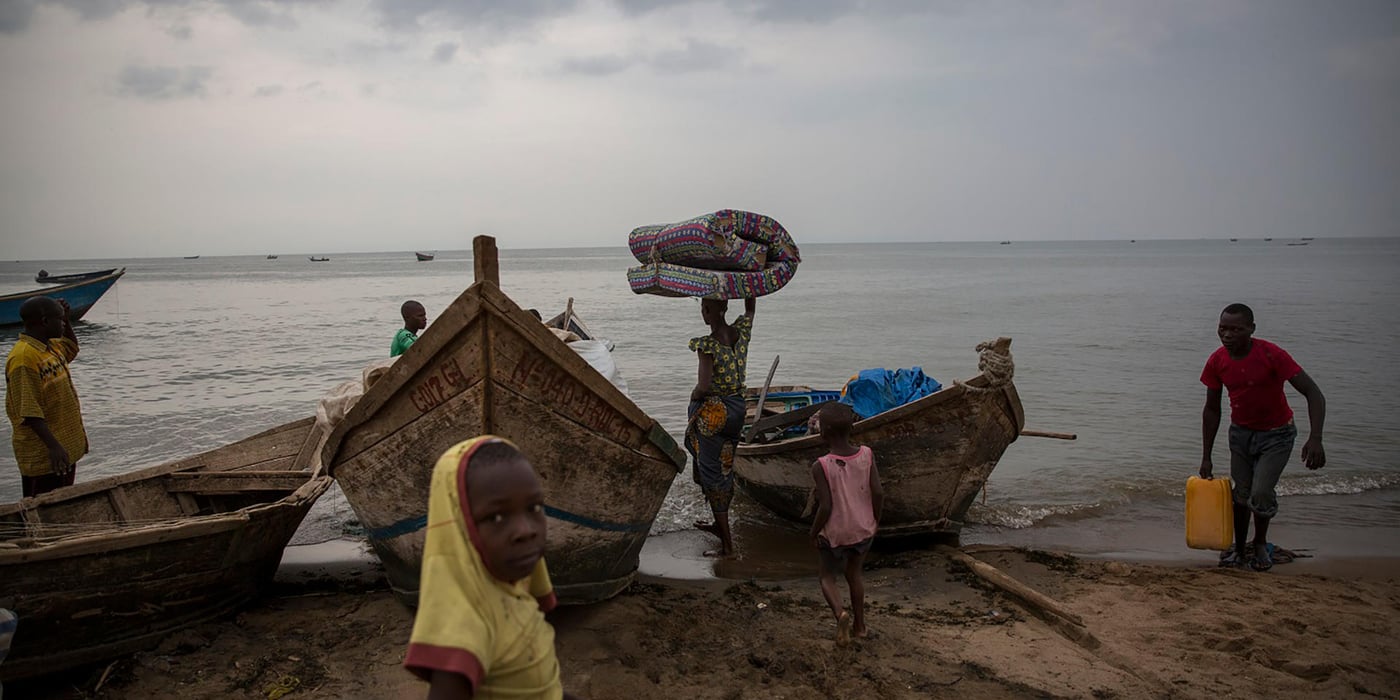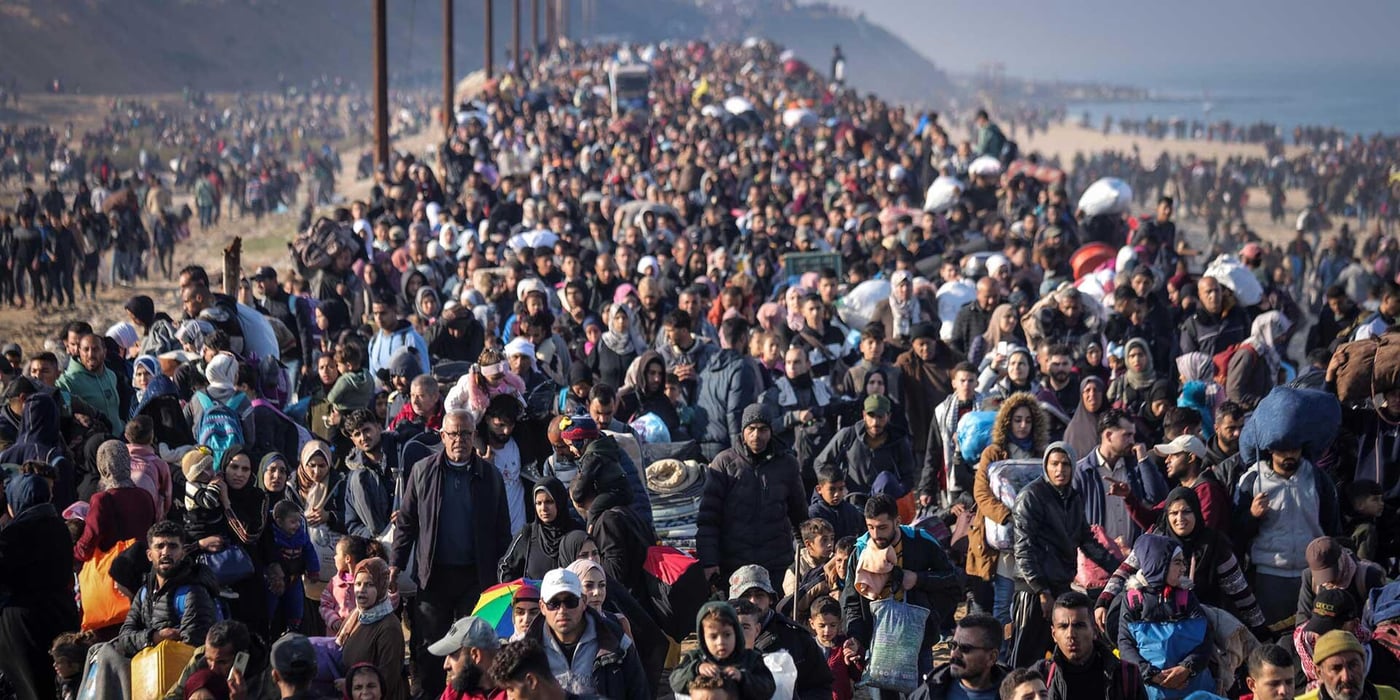
1.4 million refugees will need resettlement in 2019, according to new figures from the UN Refugee Agency (UNHCR), but the number of places available do not match needs. The Norwegian Refugee Council calls for rich and mid-income countries to increase the number of people they admit for resettlement.
“Most refugees are given protection close to their home countries, but some refugees cannot find necessary support and protection where they are. Resettlement could provide them with a safe alternative to smugglers, but currently the queues are too long,” said Egeland.
“The shocking lack of compassion and willingness among many rich and mid-income countries to take their share of responsibility and provide refugees with resettlement has resulted in a large and dangerous back-log,” he added.
Resettlement is the transfer of refugees from the country where they have claimed asylum to a safe “third country”. In 2017 about 1.2 million refugees were in need of resettlement in countries that were peaceful. 75,000 were given this type of protection. Next year, the number of people in need of resettlement will rise to 1.4 million people, according to UNHCR.
In the US, a country that normally has received the largest number of people for resettlement, the quotas have been cut with two thirds after Donald Trump became president. Denmark, another country that used to contribute substantially, has ended their program, and also Norway has reduced the number of places available.
“European countries need to increase their contributions, especially the many Eastern European countries that are currently not receiving any refugees for resettlement. The US should increase their support to their former level, when they still provided moral leadership. Large and emerging economies in both Asia and Latin-America also need to step up,” Egeland said.
“We should be able to expect countries that have the economy to host World Cups, Eurovision or Olympic Games, to also have the capacity to host some of the world’s refugees who currently cannot find protection where they are,” he added.
Facts:
- 25 and 26 June, UNHCR, state representatives and non-governmental organisations met for the Annual Tripartite Consultation for Resettlement.
- The total number of displaced people globally continues to increase and has reached 68.5 million. Of these, 28.5 million are refugees and asylum seekers, while 40 million are displaced within their own borders.
- Three countries, Turkey, Bangladesh and Uganda, hosted more than half of all new refugees last year.
- In 2019, 1.4 million refugees will need resettlement.
- Less than 1% of the world’s refugees are ever resettled.
- In September 2016, the need to expand resettlement was acknowledged by UN member states in the New York Declaration for Refugee and Migrants.
Sources: UNHCR, NRC, IDMC
Contact information:
NRC’s media hotline: +4790562329, info@nrc.no


